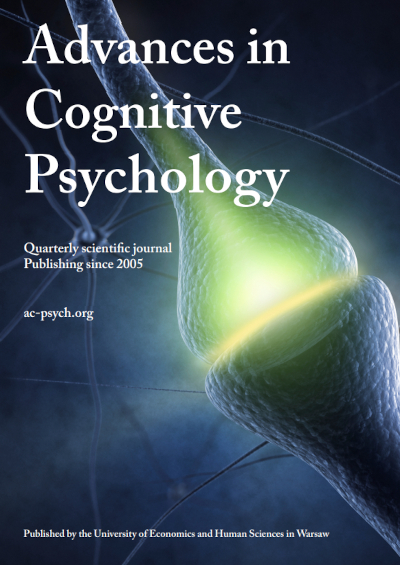Review process
Unbiased, independent, critical assessment is an intrinsic part of all scholarly work. Peer review is the critical assessment of manuscripts submitted to ACP made by experts who are not part of the editorial staff. Peer review helps the editor decide which manuscripts are suitable for publication in ACP and helps authors and editors to improve the quality of reporting.
Double-Blind Peer Review
The review process in ACP is double-sided blind. In this type of review the reviewers remain anonymous to the authors, and the authors remain anonymous to the reviewers. This allows the reviewers to be free in expressing their real opinions about the manuscript. However, the identity of the authors and the reviewers is visible to the editor processing the manuscript and issuing the editorial decision. For more information about review types and double-blind peer review, see https://osf.io/7j6ck.
Review Recommendations
At submission, authors are required to recommend a minimum of four potential reviewers to peer-review the submitted manuscript. The recommended reviewers should be experts in the area, should not personally connected to or be an active collaborator with any of the submission authors for at least 2 years, should have an institutional email address and university/college affiliation, and should at least be enrolled in an accredited Ph.D. program. Additionally, the reommended reviewers should be from outside the country where the research was conducted. The final assignment of reviewers is at the discretion of the editorial team.
Content Under Review and the Review Process
The entirety of the submitted files, including all Supplementary Material, is subject to review.
All submitted manuscripts are initially assessed by the editor for suitability for the journal and for fulfilment of formal requirements. Submissions deemed suitable are subject to at least two reviews which assess the scientific quality of the paper. The reviewers need to declare whether they have any conflict of interest before reviewing the paper. In case of obtaining contradictory recommendations from the reviewers, in any case of doubt about the reviewers' recommendations, or at their personal discretion, the editor may send the manuscript for further review. The editor is responsible for the final decision regarding acceptance or rejection of articles. The editor's decision is final.
ACP does not disclose information about manuscripts (including their receipt, content, status in the reviewing process, criticism by reviewers, or ultimate fate) to anyone other than the authors and reviewers. ACP does not keep copies of rejected manuscripts.
Review Format and Reviewer Guidelines
ACP uses free-form, unstructured reviews. The reviewers are encouraged to assess the submission's novelty, theoretical feasibility and the study rationale presented by the authors, the study methodology (both in terms of its fitness for the stated study aims as well as the transparency and quality of its reporting in the submission), the appropriateness and transparency of the results reporting, and the quality of their interpretation. Unless it impedes the readability of the submission, the language style and/or the formatting of the manuscript should not have a substantial impact on the reviewer's decision. Each review should clearly communicate the reviewer's recommendation of: acceptance, revise-and-resbumit, or rejection.
Reviews may be rejected from consideration during the editorial process if they are of low quality (i.e., do not meet the criteria specified above) or if use of artificial intelligence to prepare the review is suspected.
Peer review plays an important role in ensuring the integrity of the scholarly works. The process depends to a large extent on trust, and requires that everyone involved behaves responsibly and ethically. The COPE Ethical Guidelines for Peer Reviewers set out the basic principles and standards to which all peer reviewers should adhere during the peer-review process. We encourage reviewers to get acquainted with and follow basic principles of ethics in the peer review process: https://publicationethics.org/guidance/guideline/ethical-guidelines-peer-reviewers



